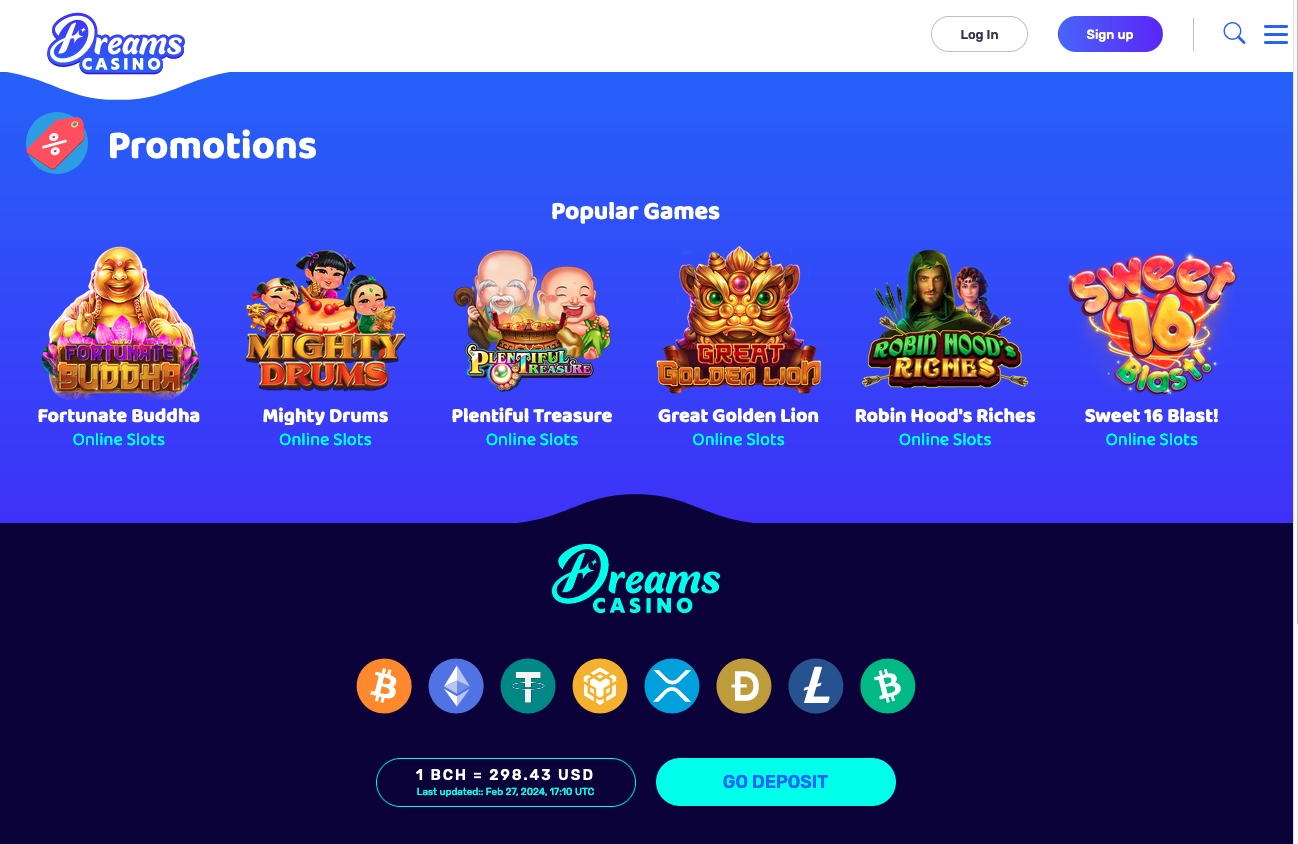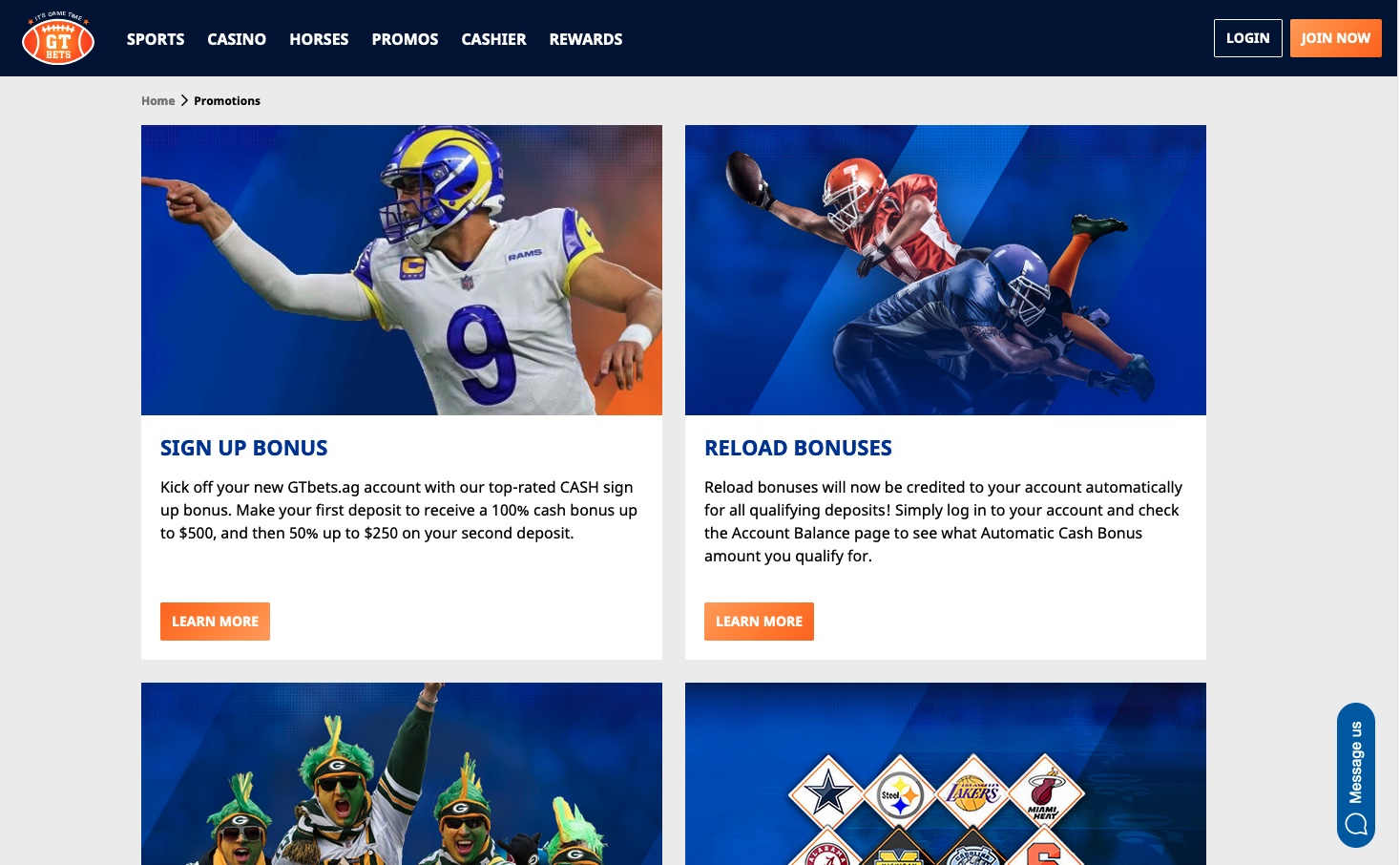The “Autumn Wind” is still a Raider, but he’s no longer blustering in from the sea.
Instead, as John Facenda of N.F.L. Films might intone in his oft-heard dramatic reading of the poem synonymous with the Raiders franchise, he has taken his hooded sash and silver hat and moved to the desert in Las Vegas.
There, on Monday night, he and his swaggering teammates defeated the New Orleans Saints, 34-24, in the first N.F.L. game in the city, at newly built Allegiant Stadium.
The Raiders’ arrival in Sin City is more than just a new flag planted on the N.F.L.’s intercontinental map marking where games have been played. It’s also more than the unveiling of the gleaming new, $2 billion stadium, replete with its 85-foot carbon fiber and aluminum Al Davis Memorial Torch, made from a 3-D printer. It is the physical manifestation of a long, slow embrace between the country’s biggest sports league and legal sports wagering that is a stone’s throw from the Las Vegas Strip.
The league still has strict rules barring players, coaches and league personnel from betting and entering casinos, to reduce the “potential risks to the integrity” of the game. But for decades, the league also held the gambling industry at arms-length, even though football is by far the most popular sport for bettors.
Those walls have crumbled as new technology like cellphone apps, daily fantasy and, most significantly, legal rulings undermining Las Vegas’s monopoly on sports wagering have driven sports gambling into the open.
The arrival of teams like the National Hockey League’s Golden Knights in 2017 and the W.N.B.A.’s Aces in 2018 also broke the taboo against professional sports leagues operating in Las Vegas, where for years officials thought players would be compromised by living in proximity to the casinos.
So by the time Mark Davis, the owner of the Raiders, got approval to move the team from Oakland in 2017, the debate by his fellow owners over a team relocating to Las Vegas was focused more on the economic benefits, not on whether gambling was a threat.
“The Raiders’ arrival is a coming-of-age for Las Vegas as a metropolitan area and for the gaming industry as well,” David Schwartz, the director of the Center for Gaming Research at the University of Nevada Las Vegas. “It wasn’t so long ago that the N.F.L. wouldn’t even allow the Las Vegas Convention and Visitors Authority to advertise during the Super Bowl, let alone allow teams to partner with sports betting operators.”
Schwartz said sports wagering has been going increasingly mainstream since 2018, when the United States Supreme Court struck down the Professional and Amateur Sports Protection Act, or PASPA, which effectively banned legal sports wagering in most states.
To celebrate its arrival in Las Vegas, the N.F.L. had planned to host the draft on The Strip, but the event was canceled because of the pandemic and will now be there in 2022.
Gambling has deep roots in the N.F.L., going back to its earliest years, when team owners like Charles Bidwill of the Cardinals owned racetracks. But to fight the perception that games might be fixed, the league bars players, coaches and other staff from betting on games, sharing insider information or entering sports books.
N.F.L. rules also prohibit team owners from owning gambling enterprises, one reason that the Rooney family, which owns the Pittsburgh Steelers, had to divest its holdings in a horse racing track in New York and a dog racing track in Florida that has poker tables.
The rules against players taking part in events that are at or are sponsored by casinos have also ensnared players like Tony Romo, who in 2014 was prohibited from attending a fantasy football event at a convention center attached to a casino in Las Vegas. In 2019, the league suspended Josh Shaw, an injured Arizona Cardinals defensive back, for betting on N.F.L. games. Shaw cannot apply for reinstatement until after Feb. 15, 2021.
But like other sports leagues, the N.F.L. has sought a cut of the piles of money to be made from the legalization of sports gaming.
After having accepted sponsorships from state lotteries and Native American casinos for years, the league in 2000 began promoting fantasy football games, which aren’t strictly gambling, but often involve informal wagers. About five years ago, Robert K. Kraft, the owner of the New England Patriots and Jerry Jones, the owner of the Dallas Cowboys, invested in daily fantasy game start-ups. Since 2007, the N.F.L. has played games in London, where fans use their mobile phones to bet on the action during the game.
At the same time, the N.F.L. joined other leagues in opposing states that were trying to overturn the law banning sports wagering, arguing that abolishing the law threatened the integrity of the game. And when the Supreme Court sided with the states, the N.F.L. called on Congress to create a uniform regulatory framework for sports betting.
Then the league got to work trying to make money in the hodgepodge of states adopting gambling. Currently, 22 states and the District of Columbia have passed legislation allowing consumers to bet on sports.
“The Supreme Court ruling turned the spigot on,” said Daniel Wallach, a founder and director of the University of New Hampshire School of Law’s Sports Wagering and Integrity Program. “All sports gambling derives from the product the leagues put on, and there’s an upside they don’t want to leave on the table. That would be bad business.”
After the federal law was overturned, the league allowed casino advertising and in January 2019, the N.F.L. said that Caesars Entertainment Corp. would be the league’s first-ever Official Casino Sponsor. In February, the league let teams strike sponsorship deals with sports books if gaming is legal in their states. The Denver Broncos jumped in. Just days before the opening of Allegiant Stadium, the Raiders named BetMGM as their official sports betting partner. The league has signed deals with sports books in Australia, Germany, Latin America and the United Kingdom.
Through its partner, Sportradar, the N.F.L. sells its statistics to most sports books in the country. The league has pushed states to have strong licensing requirements for sports books and strong monitoring of their activities so the market is transparent and fair.
“We’re such a national sport that we’re at risk of the weakest sports book in the weakest state,” said Christopher Halpin, the chief strategy and growth officer who oversees licensed sports betting at the N.F.L. “It’s very important to us that there’s a single source of truth in the data.”
Halpin said that surveys that the league has conducted show that 17 percent of N.F.L. fans are active bettors, while another 15 to 20 percent actively reject sports gambling. The key, he said, is developing products for each basket of fans to keep them focused on the games. Industry experts say there is a lot of potential for the number of products to grow.
“In 2020, I don’t think anyone can talk about the business of sports and the business of sports wagering as opposing forces,” said Marc Edelman, a law professor who teaches classes on the gaming industry at Baruch College. “We’re in a society where gamification is increasingly part of daily life.”
This article is a reprint from To view the original story and comment, click here.






































